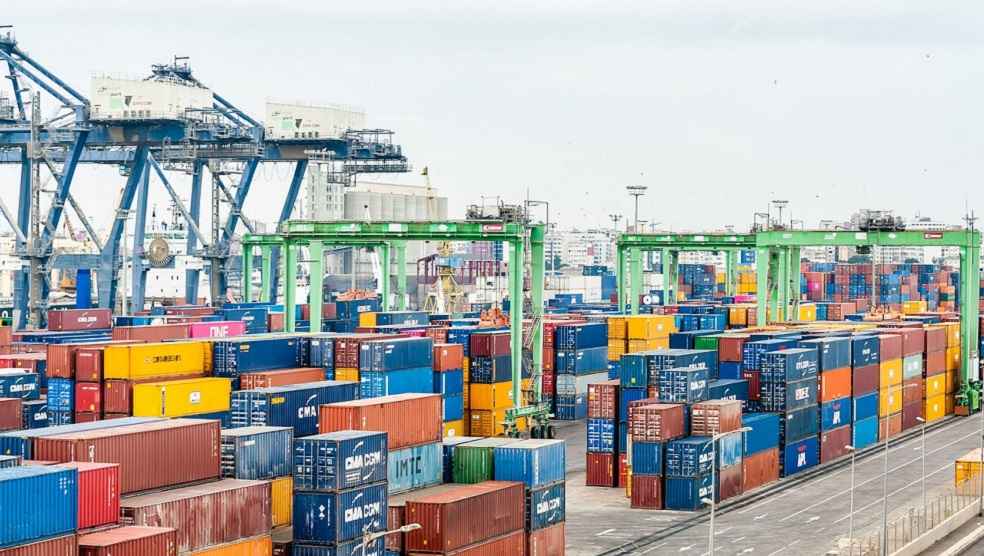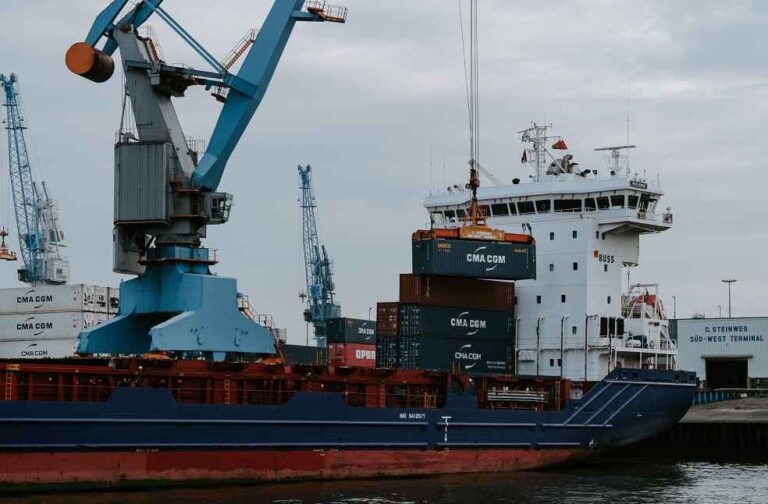Malaysia is set to introduce a comprehensive national shipping policy aimed at bolstering its domestic fleet and reducing foreign vessel dependency. This initiative seeks to modernize the shipping sector while accelerating the shift towards green shipping, addressing both economic and environmental imperatives.
Transport Minister Anthony Loke announced on July 4 the impending policy, slated for cabinet review by year-end, which promises to guide the local shipping sector in handling exports and imports, as well as create new employment opportunities. This policy revision comes at a crucial juncture, with the Malaysian Shipping Masterplan (MSMP) 2017-2022 falling short of its targets and due for an overhaul.
Positioned at the heart of the busy Straits of Malacca and South China Sea, Malaysia has long aspired to become a premier maritime hub in Southeast Asia. Despite this, heavy reliance on foreign tonnage has led to a transport services deficit of RM7.80 billion in Q1 2024.

Malaysia Shipping Association chairman Ooi Lean Hin stressed the necessity for the revised policy to enhance domestic shipping capacity. He highlighted the Red Sea crisis, where geopolitical tensions spiked shipping demand and costs, as a stark reminder of international conflicts’ impact on Malaysian shipping.
With approximately 15% of global shipping traffic and 30% of container trade traversing the Suez Canal and Red Sea, recent disruptions have forced major shipping companies like Hapag Lloyd, CMA-CGM, Cosco-OOCL, MSC, and Maersk to reroute vessels. This shift has increased shipping costs, rerouting about 95% of vessels around the Cape of Good Hope, extending journeys significantly.
Ooi noted that foreign shippers often deprioritize Malaysian goods, threatening the national supply chain. He urged the government to implement policies incentivizing exporters and importers to use Malaysian tonnage for shipping goods.

To support domestic shipping, Ooi advocated removing barriers hindering ship owners from securing offshore financing. Local banks typically avoid vessel financing, making offshore options crucial. Malaysia Shipowners’ Association (MASA) chairman Mohamed Safwan Othman echoed this, mentioning MASA’s development of an alternative funding mechanism, expected to finalize by year-end.
Both Ooi and Mohamed Safwan proposed establishing a national fleet to ensure continuity of trade routes and supply lines. Currently, strategic cargoes such as petroleum products, palm oil, and coal are largely transported by foreign vessels. Effective policies and local bank support are essential for this endeavor.
Budget 2024 lacks specific maritime industry funds, yet the 2023 budget’s RM1 billion Maritime and Logistics Scheme has already spurred industry growth and the green shipping transition. The new policy aims to build on this foundation, securing a robust and sustainable future for Malaysia’s shipping sector.
GLOBAL ROUNDUP | UK Joins Global Digital Trade Pact to Boost Economy and Modernize Customs



